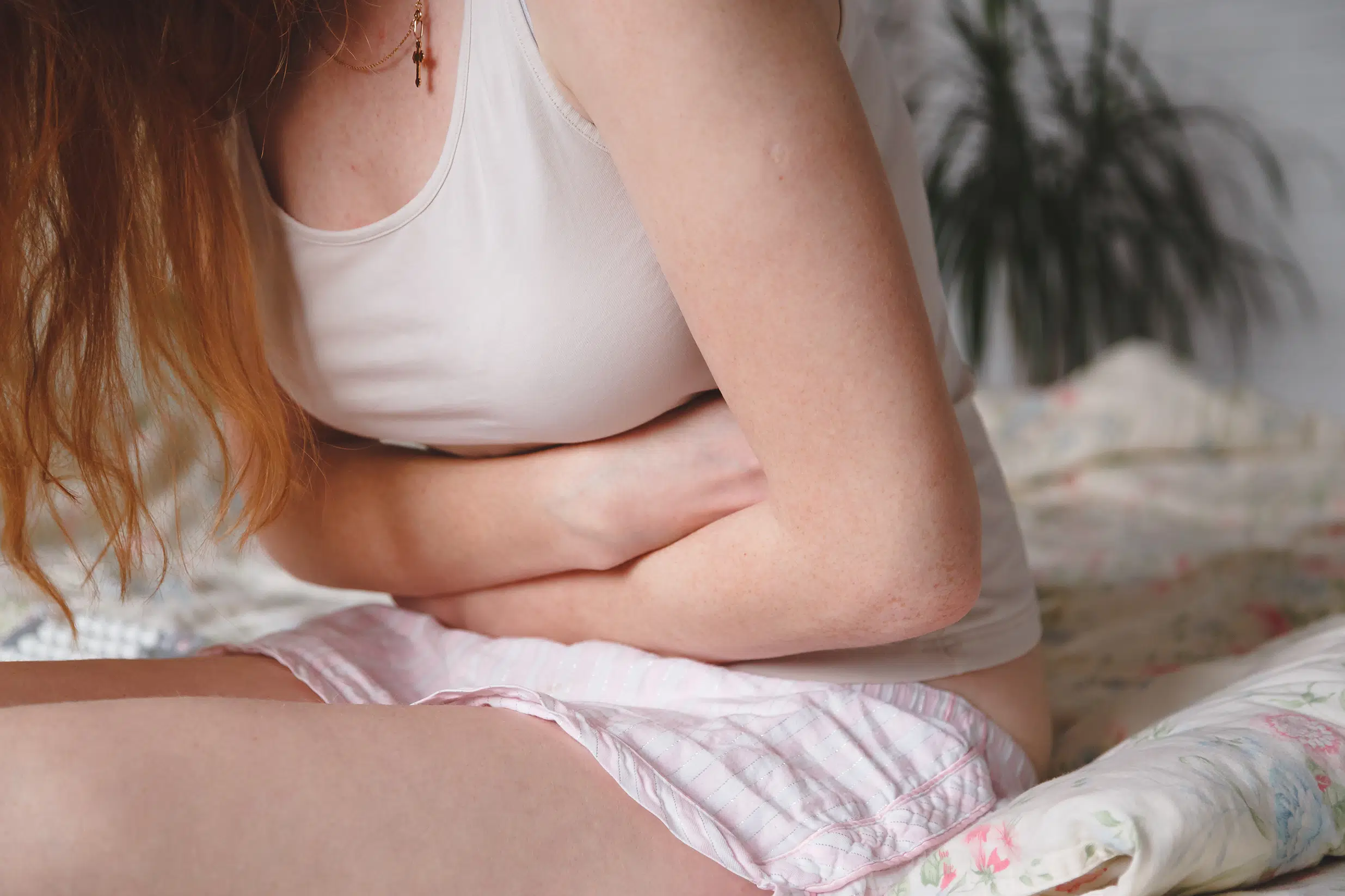Written by Dr. Brandon Rieders, Gastroenterologist
It’s not exactly dinner table conversation, but bloating after sex is surprisingly common—and often confusing. That uncomfortable pressure, distention, or gas can leave you wondering whether it’s normal, hormonal, or something more serious. The good news? Most of the time, it’s temporary and linked to changes in digestion, circulation, or stress response. Understanding the connection between intimacy and your gut can help you find relief and avoid unnecessary worry.
Understanding Bloating After Sex: Common Causes Explained
1. Pelvic Congestion and Blood Flow
Sexual activity increases blood flow to the pelvic area, which can temporarily cause tissues to swell—including those around the intestines. This extra pressure in the abdominal and pelvic region may mimic or worsen bloating.
2. Hormonal Activity
For women, the hormonal changes triggered during arousal or orgasm can affect GI motility. Oxytocin, dopamine, and estrogen can all influence gut movement. Some studies suggest that these hormones may temporarily slow digestion, leading to feelings of fullness or gas.
3. Air Entrapment
During sex, air can enter the vagina and become trapped, especially with certain positions. While this doesn’t involve the digestive tract directly, it can cause sensations of pressure that are mistaken for bloating.
4. Post-Intimacy Digestion
If you’ve eaten shortly before intimacy, the physical exertion and abdominal contractions that occur during sex may temporarily interrupt digestion. A study in Gastroenterology suggests that stress and physical activity can influence intestinal motility and increase gas retention, especially in people who already have sensitive guts.
5. Nervous System Response
Sex activates both the sympathetic (“fight or flight”) and parasympathetic (“rest and digest”) nervous systems. For some, this shift can lead to a mild dysregulation in gut function. Stress, excitement, or anxiety around intimacy may exacerbate the effect—especially for those with stress-sensitive digestion.
Tips to Ease Bloating After Sex
- Avoid Heavy Meals Before Intimacy: Eating too close to the moment can interfere with digestion.
- Try Gentle Movement Afterwards: Walking or light stretching can help reduce trapped gas and encourage normal motility.
- Be Mindful of Triggers: Notice if bloating happens after specific foods, positions, or times of the month.
- Support Your Gut Naturally: A gut-soothing supplement like Happitum™ can help reduce digestive discomfort. With ingredients like ginger, peppermint, fennel, and digestive enzymes, Happitum is formulated to promote smoother digestion and calm an overactive gut—anytime you need it, even after intimacy.
When to Talk to a Doctor
If bloating after sex becomes frequent, painful, or is accompanied by other symptoms like spotting, changes in bowel habits, or pelvic pain, it’s time to see a physician. Though rare, it could signal conditions like endometriosis or GI sensitivities that deserve attention.
References
- Taneja, T.K., et al. (2005). “Sexual activity and gastrointestinal symptoms: role of neuroendocrine and autonomic interactions.” Gastroenterology Review, 97(8), 2032–2037.
- Mayer, E.A., et al. (2001). “Brain-gut axis in gastrointestinal disorders.” Gastroenterology, 120(3), 564–576.
- Chey, W.D., et al. (2001). “The role of visceral hypersensitivity in functional gastrointestinal disorders.” Gastroenterology Clinics of North America, 30(2), 411–429.
- van Oudenhove, L., et al. (2004). “Autonomic nervous system activity and visceral sensitivity in functional gastrointestinal disorders.” American Journal of Gastroenterology, 99(5), 975–982.
- Micklefield, G.H., et al. (2000). “Effect of ginger on gastrointestinal motility.” European Journal of Gastroenterology & Hepatology, 12(9), 981–988.



